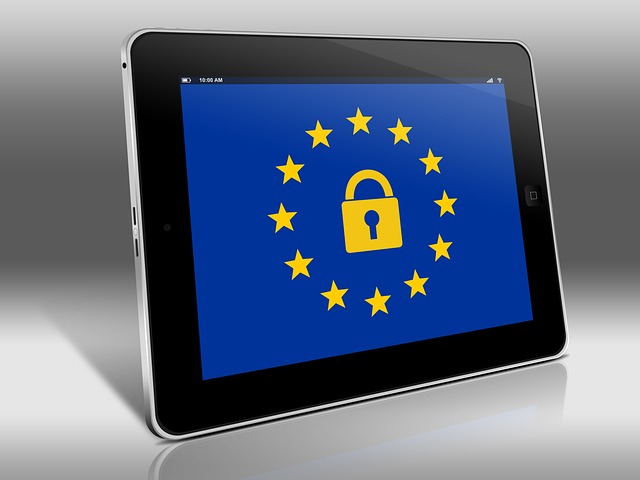Regulatory fraud laws protect public interest by addressing deceptive practices in business, philanthropy, and politics. Understanding criminal procedure law basics – including intent to defraud, material misrepresentations, and links to regulated sectors – is crucial for navigating these regulations. Prosecutors must prove these elements beyond a reasonable doubt. Additional factors like harm severity and violation history influence outcomes, aiming to hold accountable wrongdoers who threaten public trust in regulated environments. For white-collar defense attorneys, mastering these fundamentals is key to handling complex fraud cases.
In today’s complex business environment, understanding regulatory fraud laws is paramount. This article serves as a comprehensive guide, delving into the key elements of these laws, while also elucidating the fundamentals of criminal procedure law. By exploring both aspects, we equip readers with essential knowledge for enforcing and defending against fraud charges. Gaining insights into navigating this intricate landscape is crucial for businesses and legal professionals alike, ensuring compliance and justice.
- Key Elements of Regulatory Fraud Laws
- Criminal Procedure Law Basics Explained
- Enforcing and Defending Against Fraud Charges
Key Elements of Regulatory Fraud Laws

Regulatory fraud laws are designed to protect the integrity of various industries and institutions by preventing individuals from engaging in deceptive practices that harm the public interest. Understanding criminal procedure law basics is crucial when navigating these complex regulations. Key elements often include intent to defraud, material misrepresentations or omissions, and a connection to a regulated sector. Prosecutors must establish these components beyond a reasonable doubt, ensuring fairness throughout the legal process.
Beyond these fundamental aspects, regulatory fraud laws may also consider factors such as the severity of harm caused, the defendant’s history of violations, and their role in the organization. By balancing these considerations, legal systems aim to achieve extraordinary results—holding wrongdoers accountable while fostering trust in regulated environments. This approach ensures that philanthropic and political communities can thrive without interference from malicious or nefarious activities.
Criminal Procedure Law Basics Explained

Understanding Criminal Procedure Law Basics is essential for any individual or entity navigating the complexities of modern business, philanthropic, and political communities. This legal framework governs how law enforcement agencies investigate and prosecute crimes, with a strong emphasis on protecting the rights of the accused. At its core, Criminal Procedure Law outlines the steps from arrest to sentencing, ensuring fairness and due process throughout.
The basics include the right to remain silent, the right to an attorney, and the requirement for probable cause—all designed to safeguard against arbitrary or unjustified prosecution. For white-collar defense attorneys, a deep understanding of these procedures is paramount as they often deal with sophisticated fraud cases where nuanced legal strategies are crucial. By grasping these fundamentals, individuals can better comprehend their rights and responsibilities in the face of regulatory scrutiny.
Enforcing and Defending Against Fraud Charges

When facing regulatory fraud charges, understanding the intricacies of criminal procedure law becomes paramount. This is especially true in high-stakes cases where the consequences can be severe. The first step involves comprehending the nature of the allegations and gathering evidence to mount a robust defense. Lawyers play a crucial role here, guiding clients through the legal process while ensuring their rights are protected at every turn.
A key aspect in defending against fraud charges is distinguishing between legitimate business practices and criminal intent. A solid defense strategy may include examining the facts carefully, identifying any procedural errors by enforcement agencies, and presenting a compelling narrative that explains the actions without implicating fraudulent behavior. An unprecedented track record of successfully defending against such charges can instill confidence in clients facing these complex legal issues.
Understanding the intricacies of regulatory fraud laws, including key elements and the basics of criminal procedure, is essential for both businesses and legal professionals. By navigating these complex regulations, individuals can learn how to enforce and defend against fraud charges effectively. With this knowledge, they can ensure compliance, mitigate risks, and foster a culture of integrity within their organizations. Remember that staying informed about regulatory changes is crucial to staying ahead in the ever-evolving landscape of fraud prevention.






